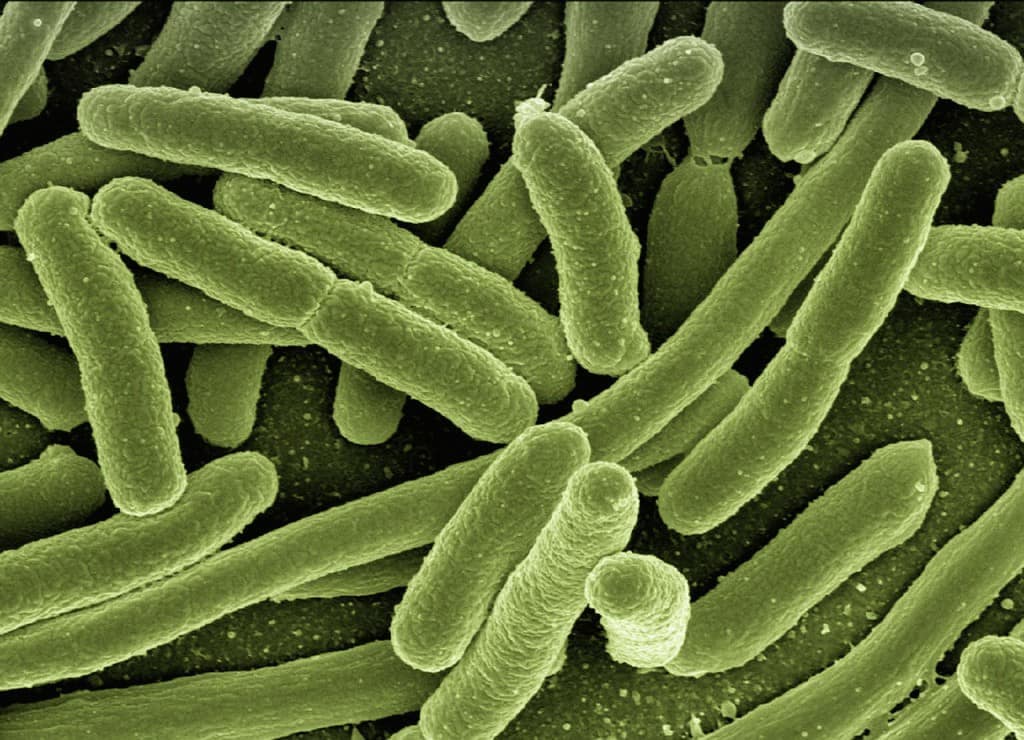
Water is a crucial part of our every day household routines. We use it to wash ourselves, clean our dishes, cook food and, of course, hydrate. Because of our reliance on water, it is important to ensure that it is safe for us and our families. This is especially important if you are using water from a private well that, unlike public water, is not routinely monitored by an organization like the EPA. Alhough drinking water in the United States is among the safest in the world, it is still possible for contaminants to enter your well water supply and pose health risks. This is why it is so important to have your well water tested.
Arsenic
Arsenic is a poisonous chemical that can find its way into your water supply from a variety of sources. It can come from natural deposits in the earth or from industrial/agricultural origins. Arsenic is used in some organic fertilizers and can be found in industrial waste. The problem can also be exacerbated by improper well design or installation. Regardless of how arsenic enters your water, it is dangerous for your health and should be screened for.
Lead
Although the use of lead in household products has significantly diminished since the discovery of its adverse health effects, you should still be concerned about it if you own a private well. If you live in an older home, it is possible that the pipes in your water system were made with lead. As these pipes corrode over time, lead can begin to enter the water supply. Lead poisoning can lead to a variety of health problems including cardiovascular, developmental, and gastrointestinal issues.
E. Coli
If you live near a farm, specifically one that raises cattle, you may be in danger of E. Coli polluting your water supply. This bacteria lives in the intestines of cattle and can be released into the environment through their bowel movements. E. Coli can then enter your well water through a number of ways, including storm water runoff, sewage overflows, and agricultural runoff.
Radon
If you’re at all familiar with Radon, you likely know that it’s a gas, and have possibly had your basement tested at some point. Radon is produced during the breakdown of uranium in the earth’s crust, and can eventually travel up to enter your home and ground water, especially in areas where there is a lot of granite or gravel formations. As it dissolves in water, radon can get into your well and from there reach the inside of your home, where it escapes when you use the water. 30 to 1,800 deaths per year are related to radon in household water, so this threat must be taken seriously.
These are only a few of the possible contaminants that can find their way into your water supply. That’s why it is crucial for the health and safety of your family to have your well water routinely tested, preferably annually. If price is your concern, you don’t have to worry – R & G Water Systems offers free in-home water testing. And if we find a problem, we have the technical knowledge and experience to get the problem addressed thoroughly and correctly. Give us a call today for more information or contact us online.
